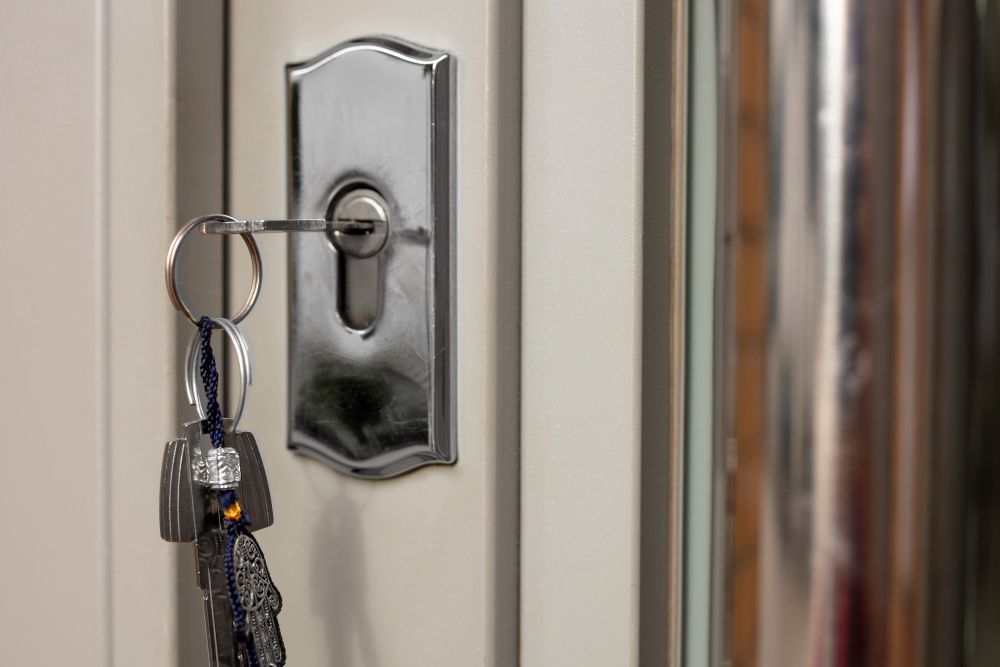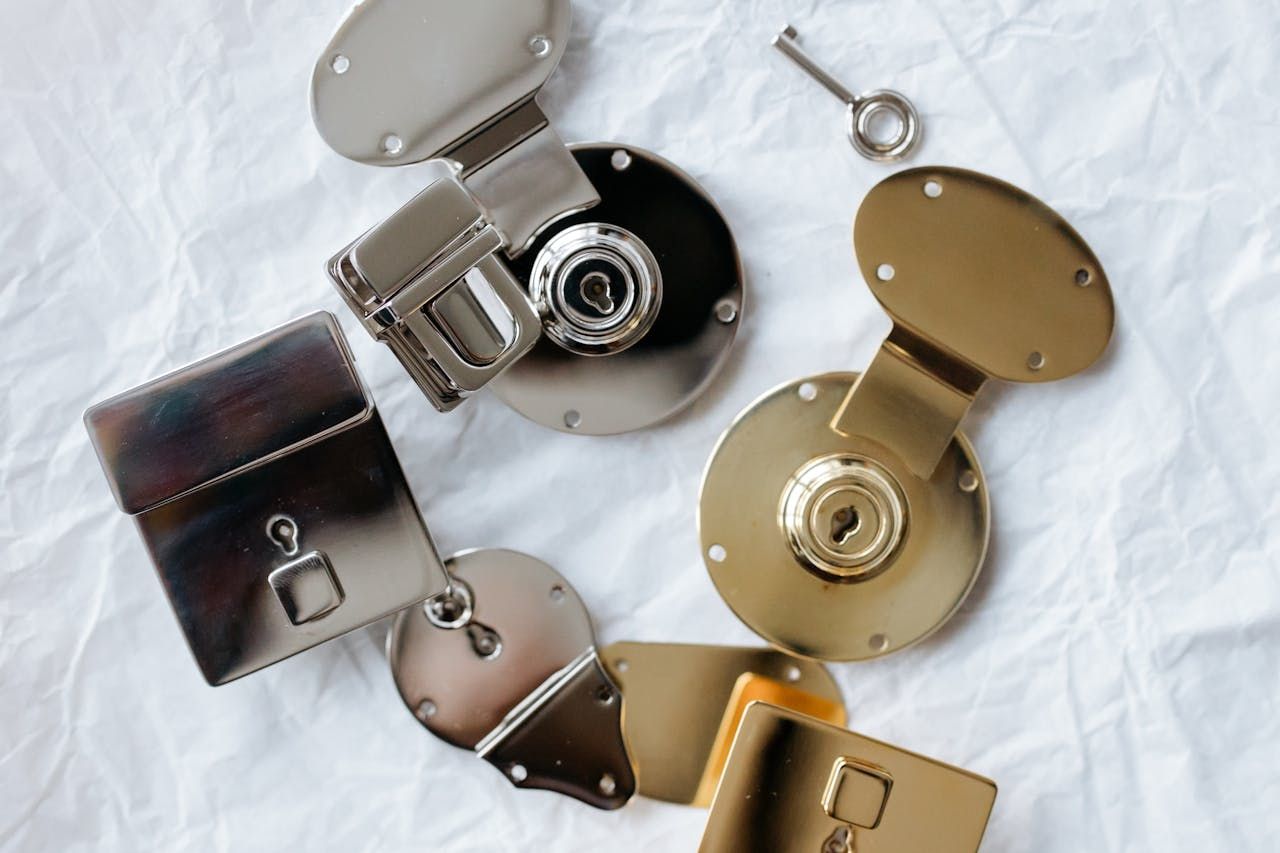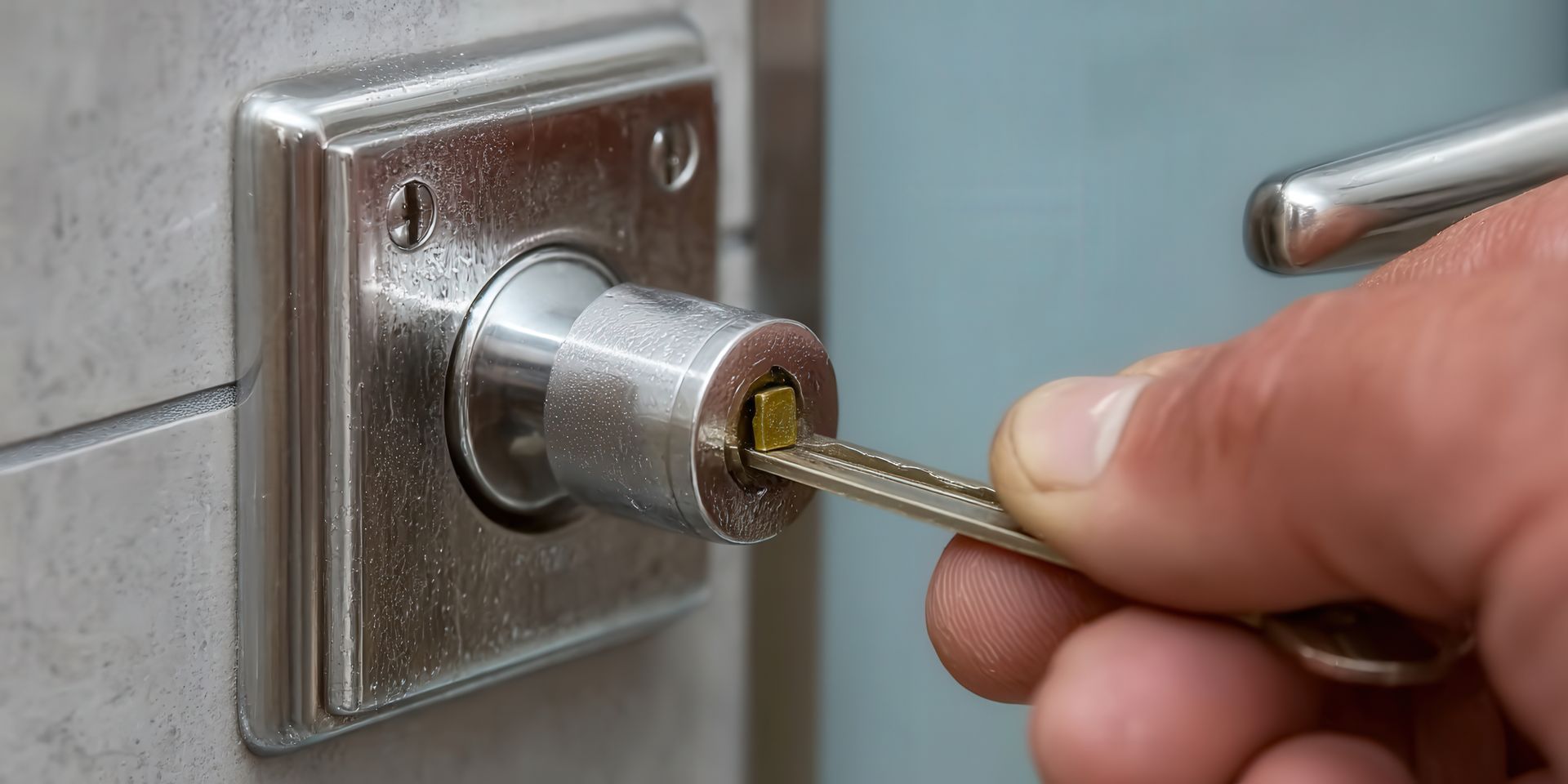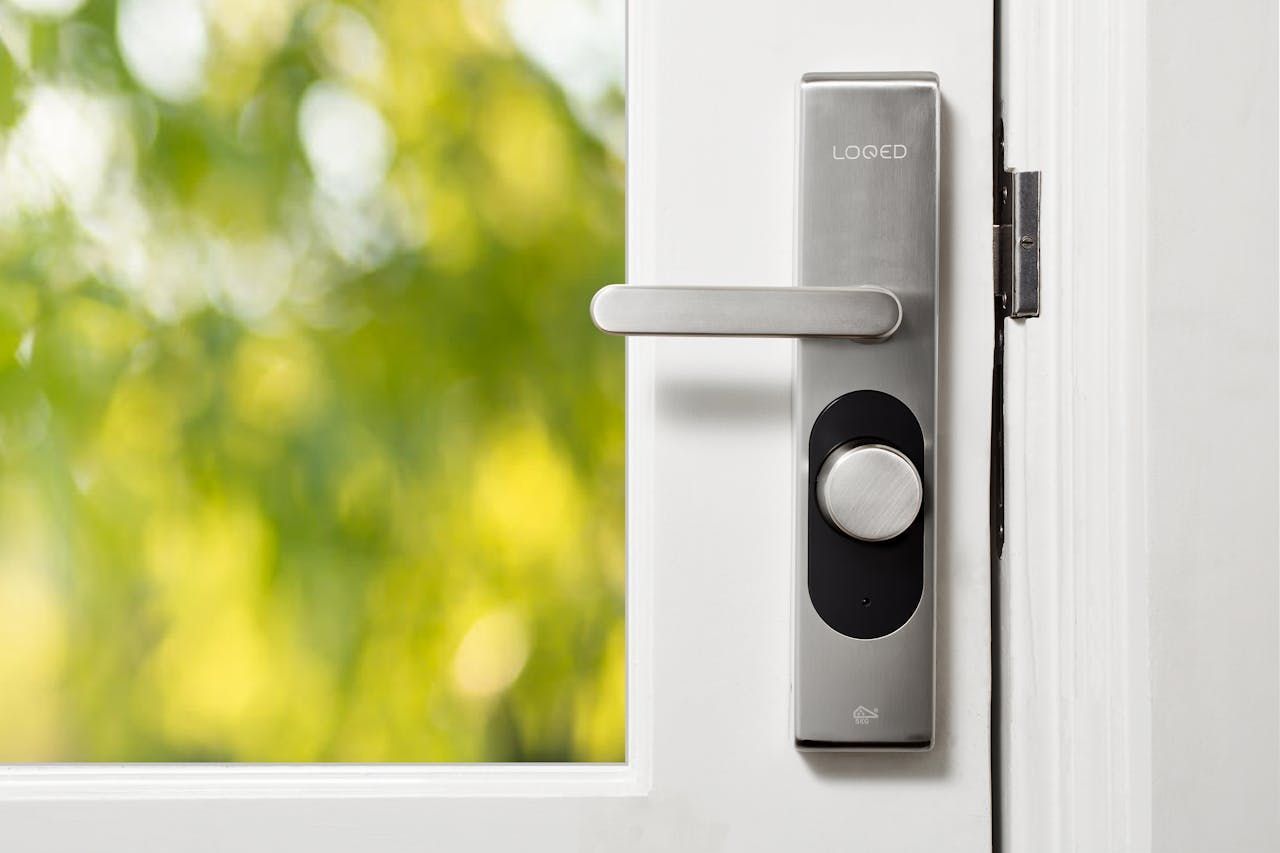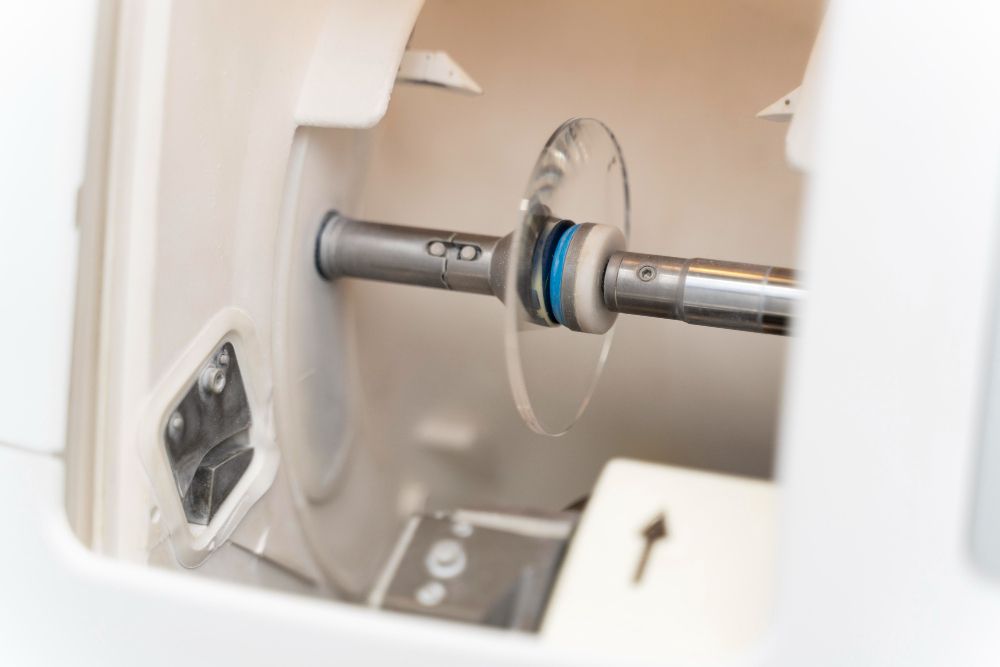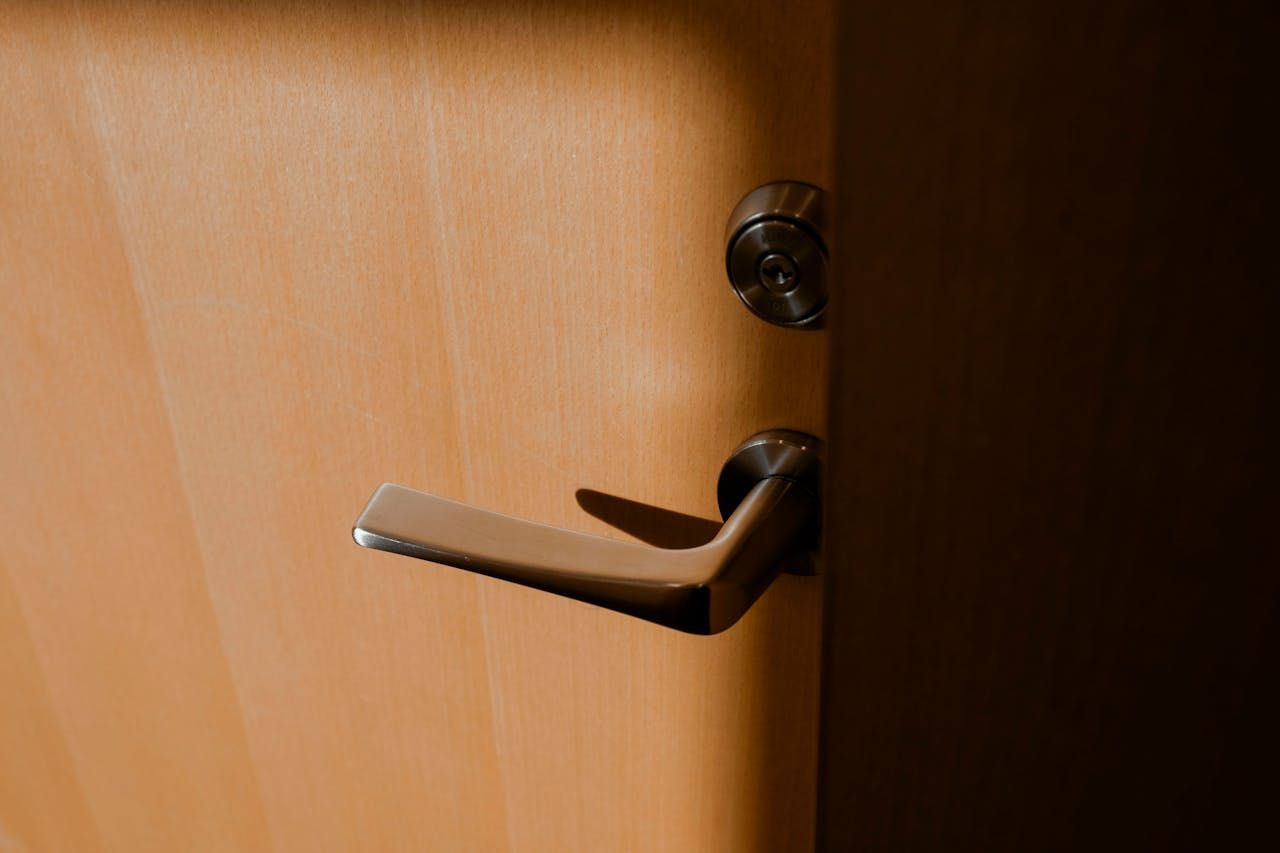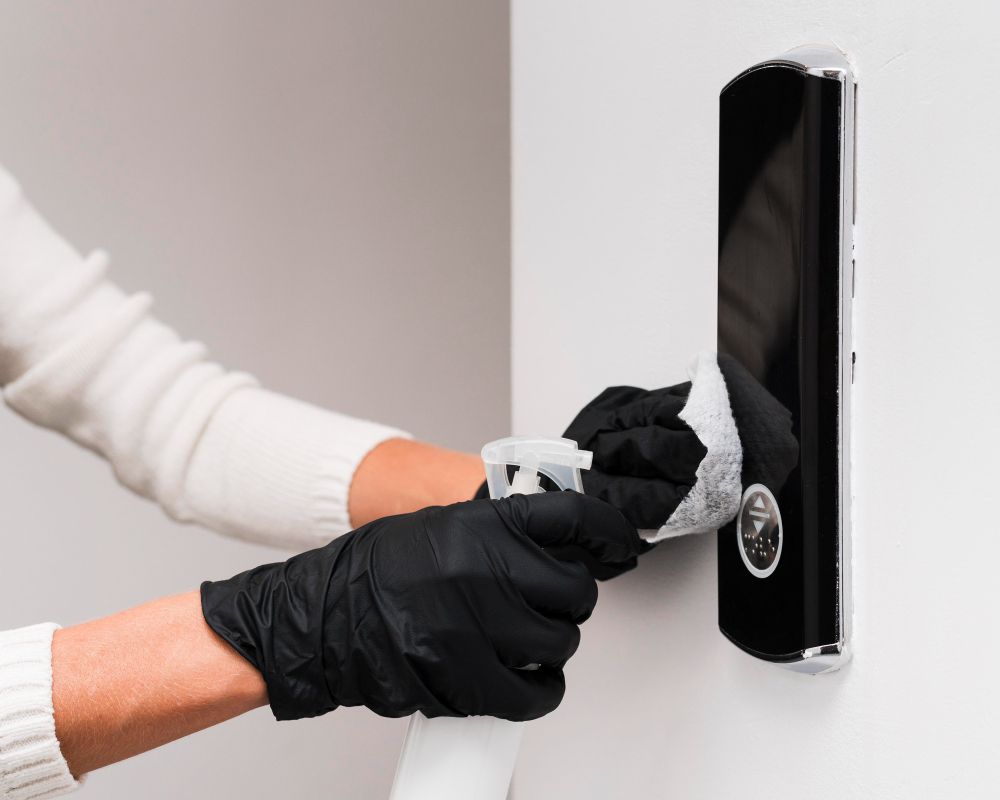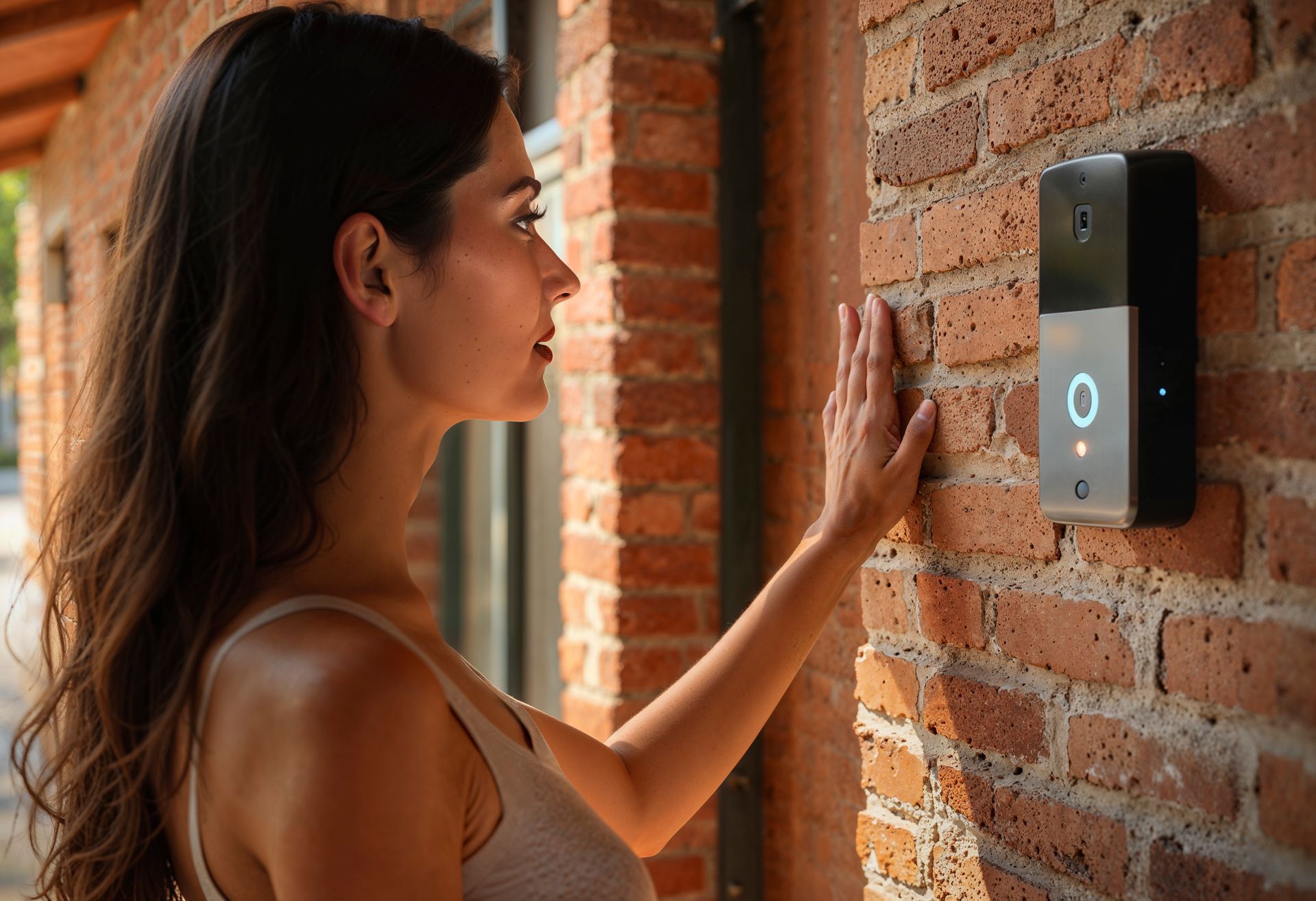How to Choose the Right Commercial Door Lock System for Businesses in Murray, UT
November 3, 2025
If you manage a storefront on State Street, a clinic near 5900 S, or an office suite off I-215, your exterior and interior doors do different jobs—and they need different locks. The right commercial lock system balances everyday convenience, compliance with safety codes, and real-world security.
In this guide, we’ll walk through the most common lock types, explain what ratings like Grade 1 and UL Fire Listings really mean, explore how to match lock choices to your business needs, and outline a practical process for making the best choice for your Murray property.
Understanding Commercial Lock Types and Ratings
When choosing locks for your business, it helps to understand the key categories and how they differ in durability, security, and purpose.
Common Commercial Lock Types
Before making a decision, familiarize yourself with the major lock types used in commercial buildings:
- Cylindrical (bored) locks – These are quick to install and common on office or interior doors. Choose Grade 1 versions for high-traffic areas.
- Mortise locks – Heavier, more durable, and highly customizable. Ideal for main entries and doors with frequent use.
- Deadbolts – Add extra protection to exterior doors and after-hours entrances. Always select commercial-grade hardware.
- Exit devices – Necessary for compliance on egress doors in retail or assembly settings. They allow quick exit without compromising security.
- Electronic or smart locks – Include keypad, card, or mobile access options. They make it easy to add or remove users without rekeying.
Lock Ratings and Compliance
Understanding certifications helps you choose locks that last and meet local safety codes.
- ANSI/BHMA Grades – Grade 1 is the highest rating for commercial use, meaning maximum durability and resistance to force. Grade 2 suits moderate-traffic areas.
- UL Fire Ratings – If your door is fire-rated, your lock must carry a compatible label to maintain compliance.
- ADA and Accessibility – Ensure lever styles and hardware meet accessibility standards for employees and customers.
Key Components That Matter
Each lock consists of parts that can affect convenience and security.
- Cores and key control – Interchangeable cores make rekeying faster. Restricted keyways prevent unauthorized duplicates.
- Functions – Locks are designed for specific uses, such as entry, storeroom, or classroom. Choose based on how you need the door to operate.
- Finishes – Commercial levers and handles come in corrosion-resistant finishes suited for different environments.
How to Choose the Right System
To make a confident, practical choice for your business in Murray, follow these steps.
1. Map Each Door’s Purpose
Walk through your building and list each door. Identify its role—main entry, employee entrance, storage, IT room, or customer restroom. Note the traffic level and whether it’s fire-rated.
2. Match Lock Type to Traffic and Risk
Use heavier-duty locks on doors with constant traffic or higher security needs. Mortise locks excel at exterior entries, while Grade 1 cylindrical locks are perfect for offices or inner corridors.
3. Choose the Right Function
Lock “functions” define how they behave:
- Entry locks can be locked or unlocked from both sides.
- Storeroom locks remain locked on the outside, preventing propped doors.
- Classroom functions allow interior lockdown without keys.
4. Decide Between Keys or Credentials
Traditional keys are simple, but keypads and card systems make it easy to grant or revoke access without physically changing the locks. Businesses with regular staff turnover often prefer electronic options.
5. Check Ratings and Code Requirements
Confirm that each lock’s rating matches its door’s use. Grade 1 locks and UL-labeled hardware should be used on exterior or fire-rated openings.
6. Plan for Installation and Maintenance
Work with a professional locksmith familiar with Murray building codes and commercial hardware. They’ll ensure correct prep, alignment, and door reinforcement. Regular maintenance keeps locks smooth and compliant over time.
7. Think About Future Expansion
If you might add access control later, choose hardware compatible with electronic trims or power-transfer hinges. This saves time and cost when upgrading.
FAQs
What’s the difference between Grade 1 and Grade 2 locks?
Grade 1 locks are tested for the highest level of durability and resistance, designed for heavy traffic or high-risk doors. Grade 2 locks work well for lower-traffic commercial spaces.
Mortise vs. cylindrical—how do they compare?
Mortise locks are stronger and last longer, suited for exterior and main doors. Cylindrical locks are faster to install and cost less, great for interior doors.
Should I add a deadbolt to my storefront?
Many businesses do for extra nighttime security. Always confirm that it won’t interfere with fire exit compliance.
Are keypad or smart locks reliable for business use?
Yes. They’re ideal for managing multiple users, providing audit trails, and allowing quick access updates without rekeying.
Can existing locks be rekeyed instead of replaced?
Usually, yes. Rekeying changes the internal pins so old keys no longer work—a smart move after staff changes or new ownership.
Who handles commercial lock installation in Murray?
Local locksmiths like Lynn’s Lockshop provide full commercial services—installation, rekeying, and system upgrades for Murray-area businesses.
Conclusion
Choosing the right commercial door lock system means balancing strength, convenience, and code compliance. For Murray businesses, it’s about selecting the right combination of lock type, grade, and access technology for every door—from busy storefronts to secure storage rooms.
A
trusted local locksmith can help evaluate each door, recommend the proper hardware, and ensure everything is installed for long-term performance and peace of mind.
